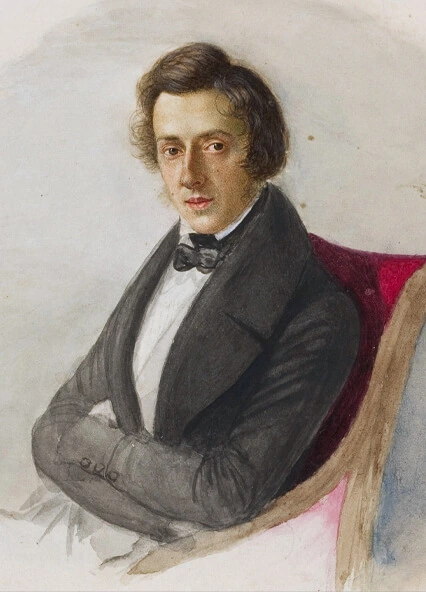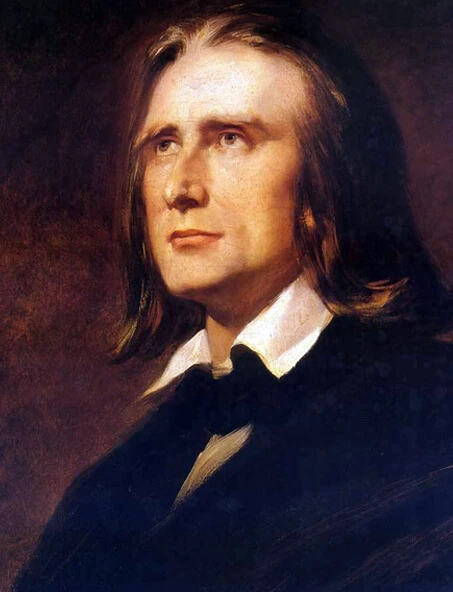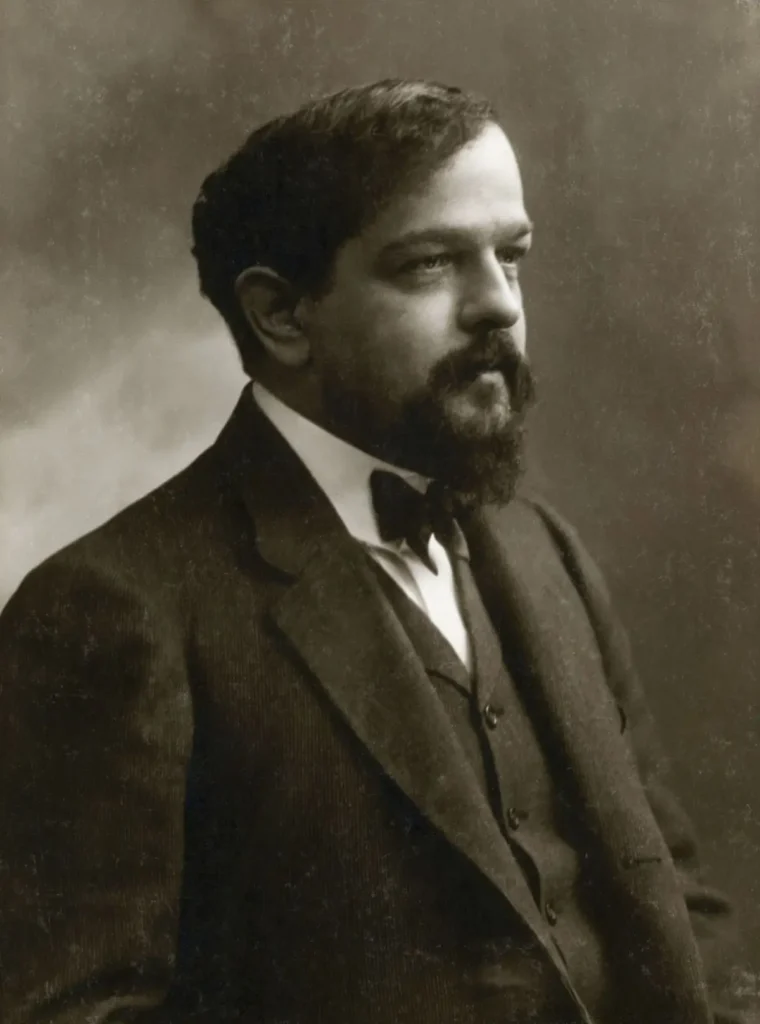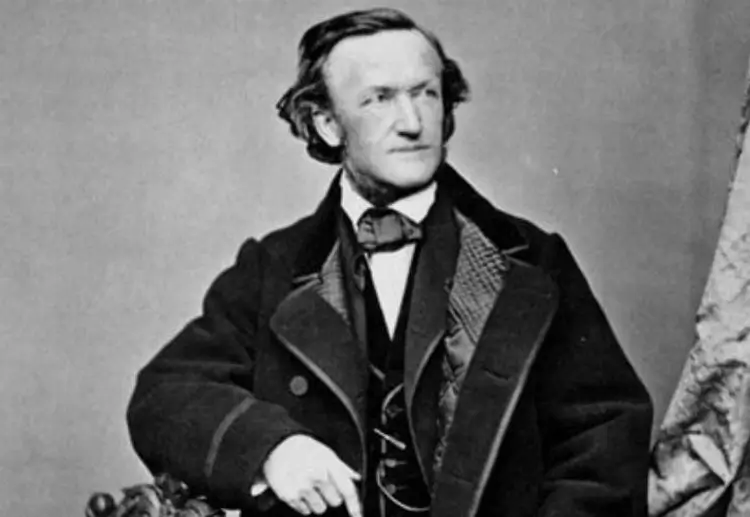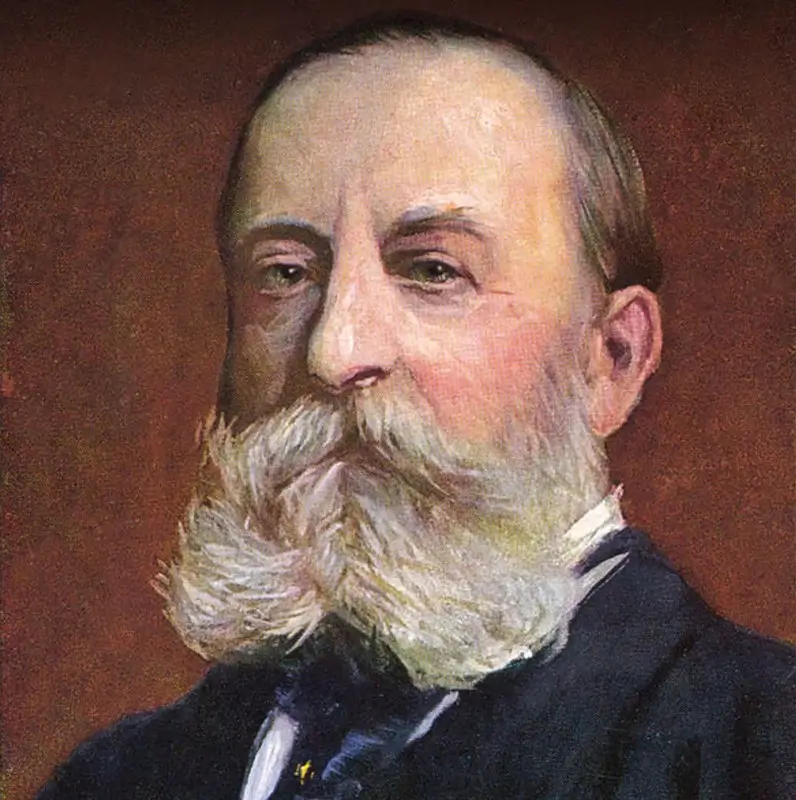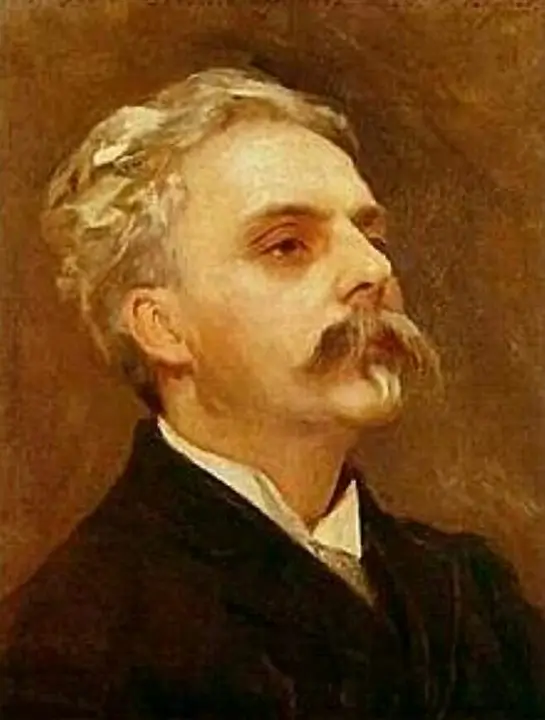Introduction
Alexander Scriabin, a name that resonates with innovation and mysticism in the realm of classical music, remains one of the most intriguing and enigmatic composers of the late 19th and early 20th centuries. His works, characterized by their lyrical intensity, unconventional tonalities, and philosophical depth, mark a significant departure from traditional compositions, offering a unique blend of musical and metaphysical explorations. This article delves into the life of Scriabin, tracing his evolution from a young pianistic prodigy to a revolutionary composer, examining his major works, and reflecting on his profound legacy.
Early Life
Born on January 6, 1872, in Moscow, Russia, Alexander Nikolayevich Scriabin was the son of a lawyer and a pianist. Scriabin’s early exposure to music through his mother, who died when he was just a year old, laid the foundation for his deep connection to musical expression. Raised by his father and his grandmother, Scriabin showed early signs of an exceptional musical talent. His childhood was marked by a rigorous engagement with the piano, which became both his instrument of choice and the initial medium of his compositional endeavors.
Musical Training and Development
Scriabin’s formal musical education began at the Moscow Conservatory, where he enrolled in 1888. Under the tutelage of Nikolai Zverev, and later Anton Arensky and Sergei Taneyev, Scriabin was immersed in a rigorous classical training. However, it was his exposure to the works of Frédéric Chopin that profoundly shaped his early compositions. Scriabin’s early pieces echo Chopin’s style, particularly in their lyrical and expressive qualities.
During his time at the conservatory, Scriabin also began to develop a distinctive compositional voice, marked by an increasing departure from traditional tonalities and structures. His graduation piece, the Piano Sonata No. 1 in F minor, already hinted at his future direction with its complex harmony and heightened emotional depth.
Major Works and Compositions
Scriabin’s oeuvre is marked by a continuous evolution, from his early Chopinesque compositions to his later, more avant-garde works. Among his major works are the ten piano sonatas, each charting different points in his artistic and philosophical development. The early sonatas, particularly Sonatas No. 1-3, are rooted in Romanticism, but by the time of Sonata No. 4, Scriabin had begun integrating his mystical ideas into his music, using more atonal and dissonant sounds.
His later works, including the “Poem of Ecstasy” and “Prometheus: The Poem of Fire,” showcase Scriabin’s innovative use of orchestral color and a new musical language that aimed to transcend traditional sensory experiences, reflecting his deep interest in theosophy and the occult.
Connections to Other Composers
Scriabin’s work cannot be fully understood without considering his relationships and influences with other composers. While Chopin was a significant early influence, Scriabin later developed connections with contemporary composers like Rachmaninoff, who admired Scriabin’s innovative approach. Additionally, Scriabin’s ideas can be seen as precursors to the atonal and serial techniques of Arnold Schoenberg, although there is no direct link between their compositional styles.
Character and Philosophy
Scriabin was not only a composer but also a profound philosopher whose ideas were heavily influenced by Theosophy, Nietzsche, and his own idiosyncratic mystical visions. He believed in the synthesis of all arts and senses, culminating in his concept of “Mysterium,” an unrealized project intended to be a week-long performance that would bring about the transformation of the world through art.
Life in Moscow
Moscow, during Scriabin’s lifetime, was a vibrant cultural hub, teeming with artistic ferment and intellectual discourse. The city’s atmosphere, characterized by a mix of political tension and artistic innovation, played a crucial role in shaping Scriabin’s artistic visions. Living in Moscow, Scriabin was at the heart of Russia’s cultural life, participating in its salons and engaging with its leading artists and thinkers.
Death and Legacy
Scriabin’s life was tragically cut short when he died from septicemia on April 27, 1915, at the age of 43. Despite his relatively brief career, Scriabin left a lasting impact on the world of classical music. His explorations of new musical systems and his integration of philosophical concepts into his compositions opened new avenues for later composers.
Scriabin’s legacy is marked by his ability to blend the mystical and the musical into a unique philosophical tapestry that continues to fascinate scholars and enthusiasts alike. His works remain a testament to his belief in the transformative power of music, and his vision continues to inspire contemporary composers and performers around the world.
In conclusion, Alexander Scriabin was not just a composer; he was a musical philosopher who redefined the boundaries of classical music. His life and works continue to resonate, offering rich insights into the confluence of music, philosophy, and mysticism.


